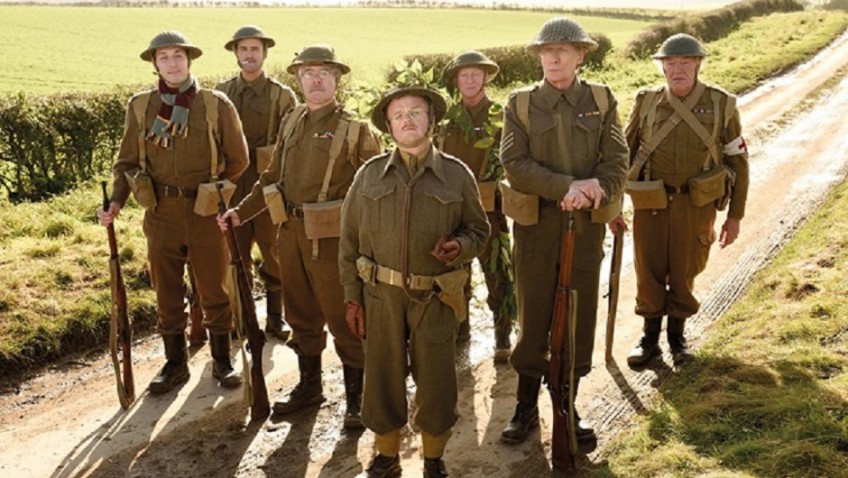barryqwalsh
Gold Member
- Sep 30, 2014
- 3,397
- 250
- 140
It argued that without such investment the UK armed forces' usefulness to the US would be diminished.
"The government must not let this happen," the report says.
Defence budget risks UK influence, say MPs






